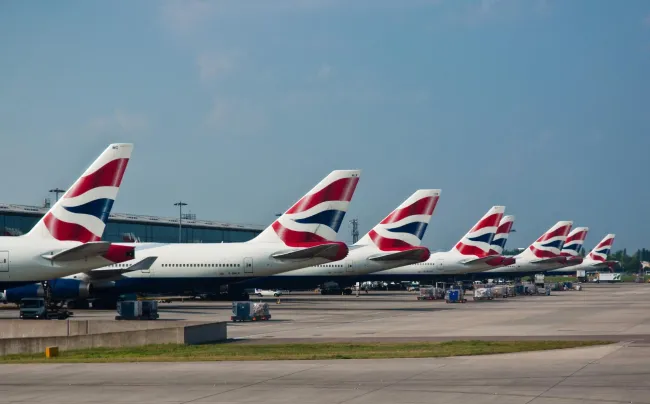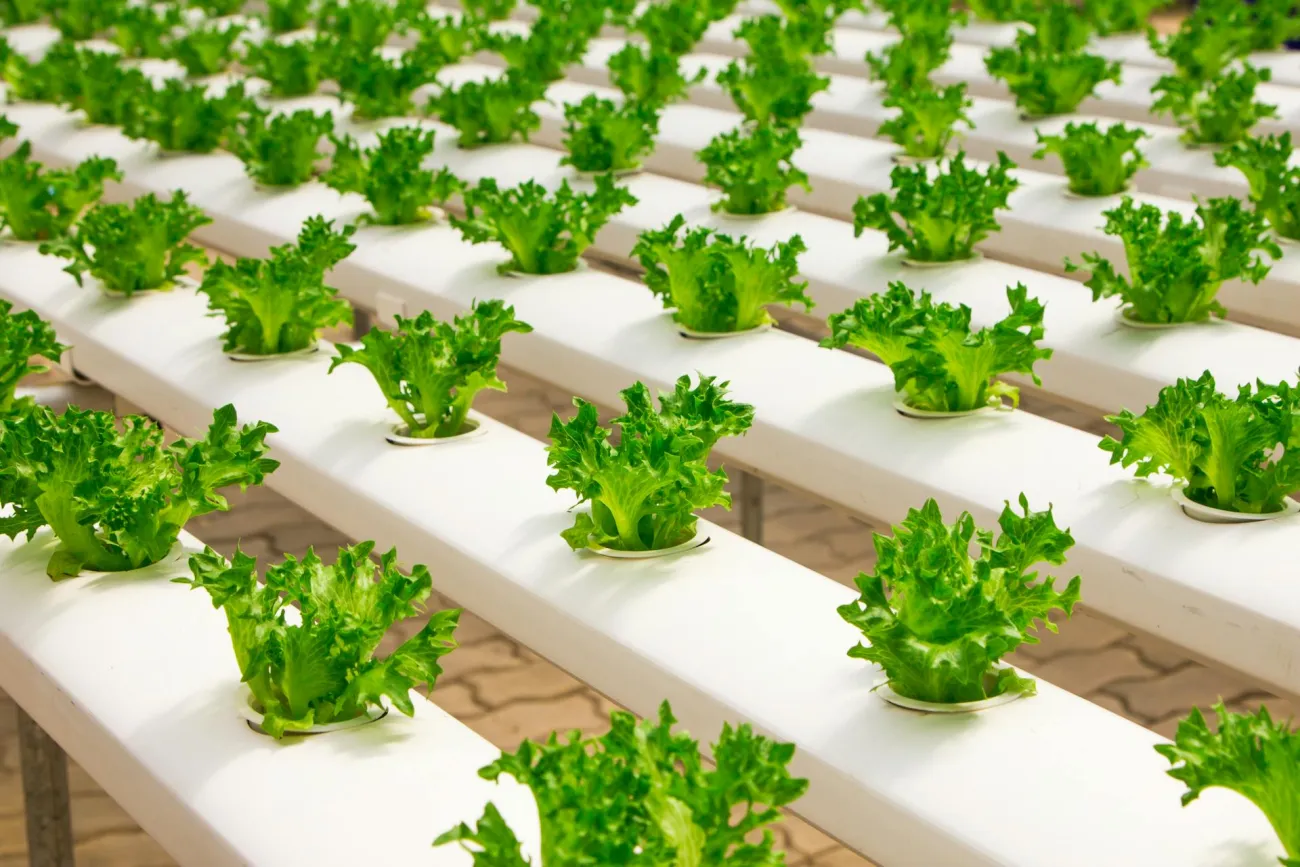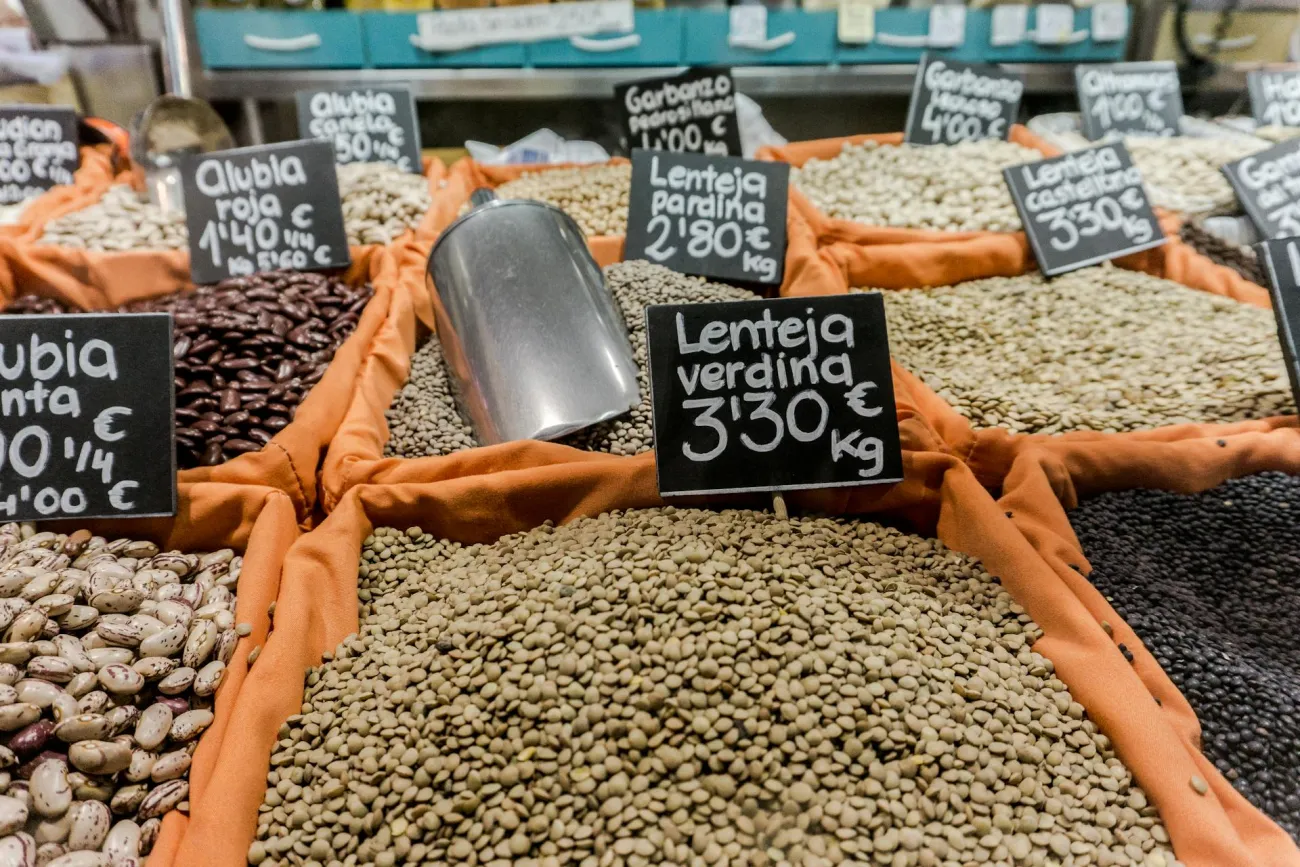In this paper, the researchers examine the British civil aviation and ruminant farming sectors to understand the barriers to reducing greenhouse gas (GHG) emissions through technological innovation.

The paper concludes that the eco-modernisation approach - which argues that greener technologies will be readily adopted because of the economic benefits of efficiency - does not appear to apply to these sectors. The purely profit-based approach ignores the ‘lock-in’ created by knowledge of existing practices, which can discourage transition to new technologies. Instead, the paper argues that acceptance of greener technologies depends on accounting for local knowledge practices and the risks of technological transitions.
The paper’s results are based on a comparative analysis drawn from 57 semi-structured interviews and literature reviews. The authors analyse the two case studies by examining GHG emissions, the potential mitigation solutions and the main barriers and lock-ins.
The key theoretical framework that guides the paper is the eco-modernisation theory. This theory claims that technological innovation will lead to efficiency, and therefore create economic gains for businesses, creating win-win solutions. However, the authors disagree with this view, arguing that reducing the adoption of greener technologies to simple cost-benefit analysis does not account for how actors make these choices in reality. In fact, technologies are embedded in epistemic cultures - knowledge that can develop and be applied in local contexts rather than being universal in nature - that lock in their adoption. Therefore, technologies are not just an economic consideration, but rather are part of broad socio-technical systems, encompassing practices and routines, consumption patterns, belief systems and cultural values that can present barriers to their adoption.
Concerning the aviation sector, the authors analyse one potential suggested way to reduce environmental impacts: more efficient aircraft design. The key challenges in this area are:
- High costs and product failures make air development risk-averse, hindering innovation.
- The certification process that ensures the safety of aircraft relies on past knowledge and expertise. If new designs differ much from those in the database, the process becomes too complex and risky for the developer.
The researchers conclude that a lack of knowledge of the reliability of new designs is the main factor limiting technological innovations in the civil aviation sector.
In the ruminant farming sector, the authors note that reducing environmental impacts significantly depends on changes in consumer behaviour, such as eating less meat. However, it is also possible to make the supply chain more efficient (with efficiency defined here as producing the same amount for fewer emissions or more with the same volume of emissions). The authors analyse one such solution: ‘estimated breeding values’, which provide greater efficiency by incrementally changing characteristics of animals, such as their growth rate. Barriers to this solution are identified as:
- Limited human resources on small farms;
- Structural issues, such as different demands from actors in the food chain and the fact that farmers can find it difficult to act in isolation, for example because animals are often sold from one farm to another;
- Failure to accept the problem, namely the methane emitted from the digestive system of cows and sheep;
- Conflicting objectives: for instance some consumers value locally produce meat and animals’ aesthetic value;
- Lack of trust in external expertise.
Through this example, the authors demonstrate that farmers can be reluctant to change their knowledge and practices if the suggestions come from outside the farming community. Therefore, the epistemic lock-in in ruminant farming is due to ‘locally-embedded practices of farmers and their complex relationships with different types and sources of knowledge claims’.
Based on the two case studies, the authors argue that policies that simply fund research and development are insufficient to drive environmental improvements. Instead, measures are also needed to improve the flow of knowledge and reduce the risks inherent in adopting new technologies. In ruminant farming, farmers who have successfully adopted new practices could instruct other farmers, for example through demonstration farms. In the aviation sector, support should be provided to acquire and transfer the reliability information needed for regulatory approval. The authors argue that similar measures are likely to be required in other sectors.
Abstract
The aviation and livestock agriculture sectors are major producers of greenhouse gas emissions, and have been the subject of extensive examination to develop lower impact, more energy and resource efficient technologies. Yet little attention has been paid to the challenges faced in the adoption of these lower impact technologies in these industry sectors. In this paper we seek to understand the interactions between technological innovation and socio-behavioural contexts in the adoption of more environmentally sustainable practices. Focusing on the UK (although recognising the global context of aviation and agriculture) and using a combination of literature analysis and interview data we undertake a detailed examination of these interactions. We examine why the claims of eco-modernisation theory that argue that the drive for economic efficiency will lead also to improved energy and resource efficiency appear unfounded in our cases. We identify lock-in in both sectors, finding that the barriers to greener innovation hinge particularly on the knowledge practices that pertain in the two sectors. This ‘epistemic lock-in’, rather than simple inertia and resistance to unfamiliarity, appears crucial, and must be overcome to enable adoption of lower impact technologies.
Reference
Bruce, A. and Spinardi, G. (2018). On a wing and hot air: Eco-modernisation, epistemic lock-in, and the barriers to greening aviation and ruminant farming. Energy Research & Social Science, 40, 36-44
Read the full article here.
You may find these FCRN resources helpful for background information:
Paper - Lean, green, mean, obscene…? What is efficiency? And is it sustainable?
Foodsource chapter - How can we reduce food-related greenhouse gas emissions?
Foodsource chapter - Focus: the difficult livestock issue
Foodsource chapter - What can be done to shift eating patterns in healthier, more sustainable directions?




Comments (0)